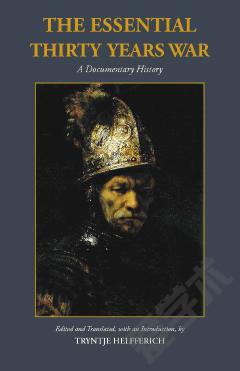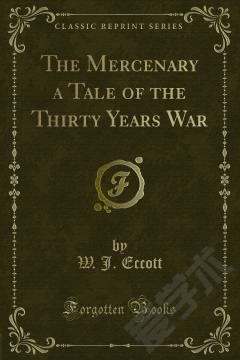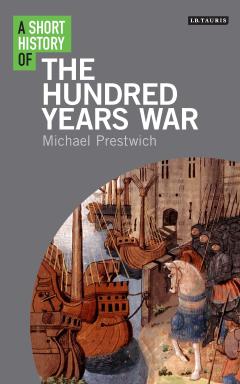History of the Thirty Years' War
The Emperor was willing to relieve the Circle of mounted men, but it should still provide for of the same. He would not, in view of the dangers which were threatened on account of the execution of the Edict' of Restitution by Sweden and other countries, abandon all further enlistments, and would only promise to maintain a better discipline and to protect the soldiers of the League against' violent expulsion from their quarters. The envoys of the League were obliged to return home without having efiected their purpo'se. In view of.the enmity which gradually arose between the soldiers of the League and the imperialists, it is easy to explain why the Heidelberg Diet rejected also the re peated applications of Spain to Duke Maximilian and the League for aid against the United Netherlands. It had been, since 1623, Spain's most ardent desire to involve the League and the Emperor in a war against the Nether lands. As we have already seen, Philip IV. Had hoped to effect this in the negotiations in Brussels in 1626. The League, however, refused on any condition to undertake any other enterprise until it should have freed itself from the imperialists, and therefore rejected the Spanish application.
{{comment.content}}








 京公网安备 11010802027623号
京公网安备 11010802027623号